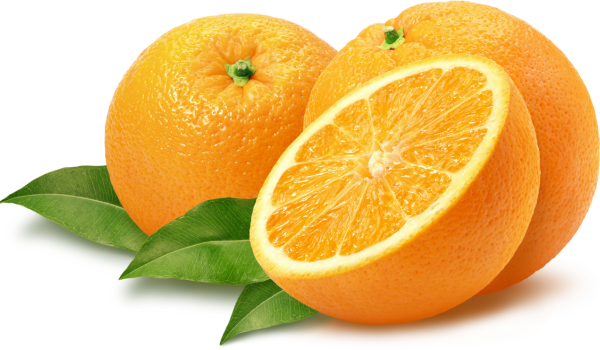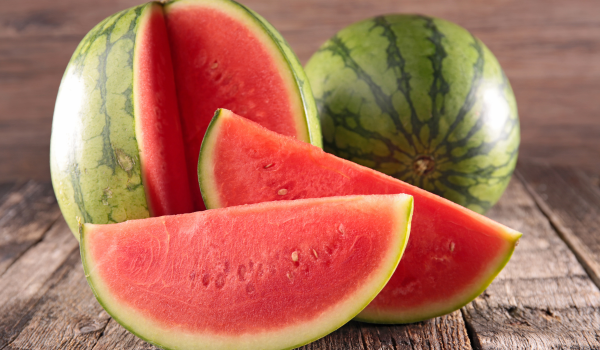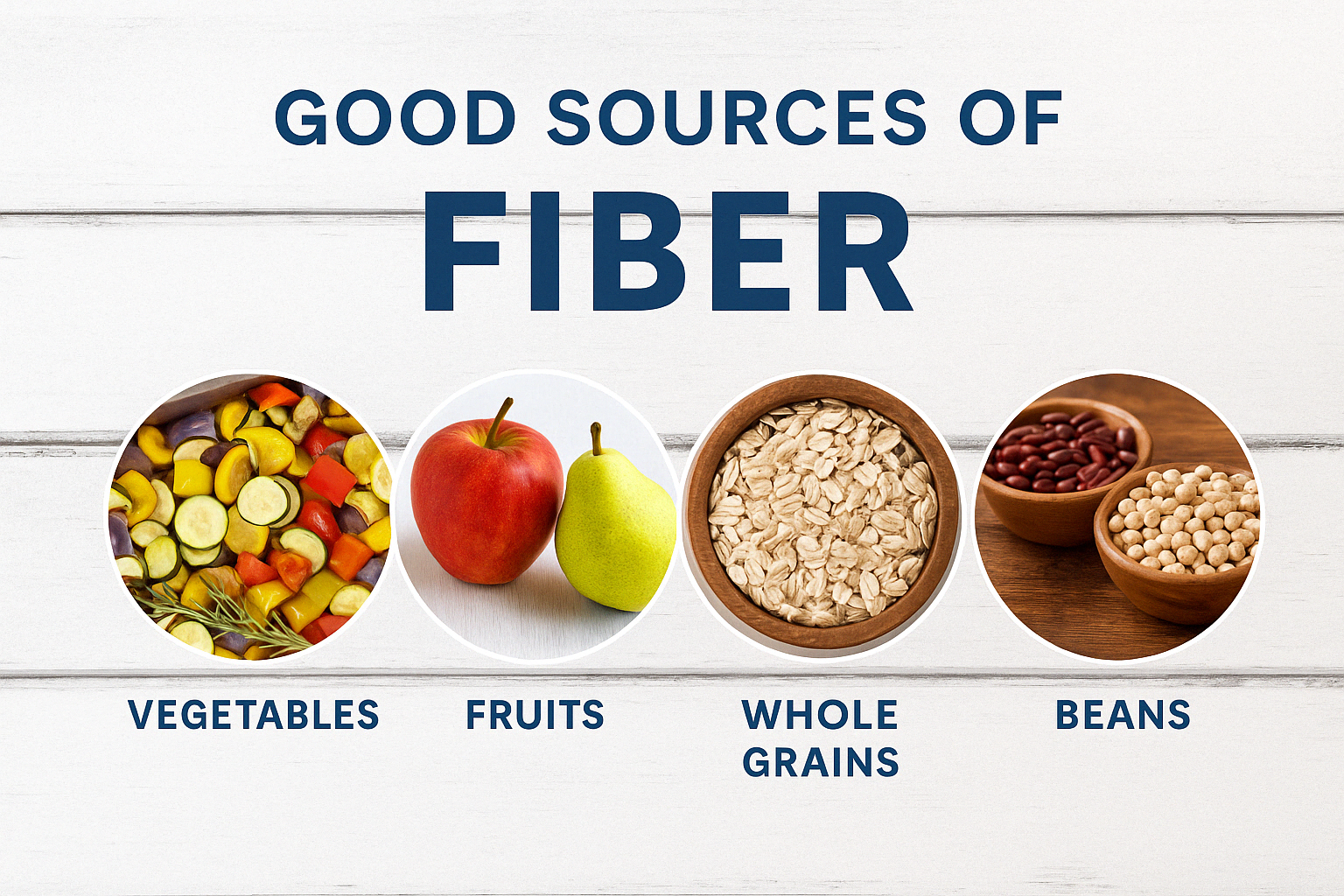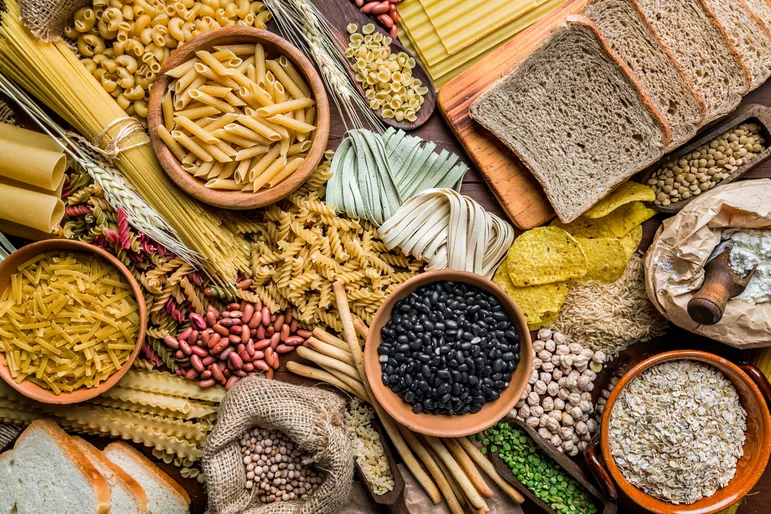A Guide to the Mediterranean Diet Food List

The main foods on a Mediterranean diet foods list are choices like vegetables, whole grains, healthy fats like avocados and olive oil, and fish. These foods are part of the traditional diet of people who live in countries bordering the Mediterranean Sea.
Though there are foods to limit, like red meat and processed food, the Mediterranean diet does not have strict rules. Here's an overview of eating according to the Mediterranean diet and a few benefits of the eating pattern.
List of Foods to Eat on the Mediterranean Diet
The Mediterranean diet mostly focuses on plant-based foods but still includes low to moderate amounts of other foods like fish, poultry, and healthy fats. In particular, you might enjoy the following foods on this diet
| Foods to Eat | Examples |
|---|---|
| Fruits | Apples, apricots, avocado, berries, citrus fruits, dates, figs, medlars (an apple-like fruit), melons, pears, plums, pomegranates, and watermelon |
| Vegetables | Artichokes, asparagus, aubergines, carrots, cucumbers, green leafy vegetables, olives, spinach, and tomatoes |
| Whole Grains | Barley, oats, rye, spelt, and wheat |
| Pulses | Beans, chickpeas, lentils, and peas |
| Healthy Fats | Almonds, avocado oil, Brazil nuts, cashews, hazelnuts, macadamias, olive oil, peanuts, pistachios, and walnuts |
| Fish | Herring, mackerel, salmon, sardines, trout, and tuna |
| Poultry | Lean meat and chicken |
| Herbs and Spices | Anise, basil, bay leaf, chilis, cloves, cumin, dill, garlic, lavender, marjoram, mint, oregano, parsley, pepper, rosemary, sage, saffron, sumac, tarragon, and thyme |
Foods to Limit
The Mediterranean diet also includes moderate portions of poultry, eggs, and dairy products—especially fermented options like Greek yogurt and kefir. What qualifies as "moderate" can vary depending on personal dietary needs and preferences. Some people may enjoy smaller amounts of dairy daily, while others might prefer larger portions a few times per week.
Although not required, red wine is traditionally consumed in moderation by those following a Mediterranean-style diet. A small glass (about five ounces) per day is considered moderate.
Importantly, the Mediterranean diet doesn’t require cutting out entire food groups. Instead, it emphasizes limiting highly processed foods and those with added sugars. Examples of foods to minimize or avoid include:
-
Alcohol (other than red wine, unless in moderation)
-
Bacon
-
Candy
-
Commercial baked goods
-
Fast food
-
Frozen pizza
-
Ham
-
Hotdogs
-
Lunch meats
-
Pepperoni
-
Processed cheese
-
Refined oils
-
Sausage
-
Soda and sugary drinks
-
White bread
-
White pasta
-
White rice
Using the Mediterranean Diet Food List
Once you're familiar with which foods to enjoy and which to limit, it's easier to plan balanced meals. Here are some meal and snack ideas to incorporate into your routine:
-
Breakfast: A bowl of oatmeal topped with almonds and blueberries, or a smoothie with leafy greens and fruit.
-
Lunch: A fresh salad with cooked quinoa and a dressing made from olive oil and balsamic vinegar—or a homemade vinaigrette with garlic and herbs.
-
Dinner: Baked salmon or mackerel served with brown rice and spiralized zucchini or sautéed vegetables in olive oil.
-
Snacks: Fresh fruits and nuts, sliced vegetables with hummus, or roasted chickpeas.
Benefits of the Mediterranean Diet
The Mediterranean diet offers a wide range of potential health benefits. Research suggests it can help reduce the risk of type 2 diabetes, heart disease, and age-related memory decline.
Even focusing on specific food groups within the diet can be beneficial. For example, consuming more whole grains is linked to a lower risk of heart disease, cancer, and overall mortality.
In another study, adults who ate at least five servings of fruits and vegetables daily experienced improvements in sleep quality, mood, optimism, self-esteem, and overall happiness, along with reductions in stress and anxiety.
A Quick Review
The Mediterranean diet encourages a pattern of eating focused on plant-based foods like fruits, vegetables, whole grains, legumes, nuts, and healthy fats—while including moderate amounts of dairy, eggs, and lean proteins like fish and poultry.
It’s not a strict or temporary diet, but rather a sustainable lifestyle that can support long-term health. Instead of eliminating foods, the Mediterranean approach promotes mindful eating, balance, and flexibility based on personal needs and preferences.

























.webp)
.webp)
.webp)










